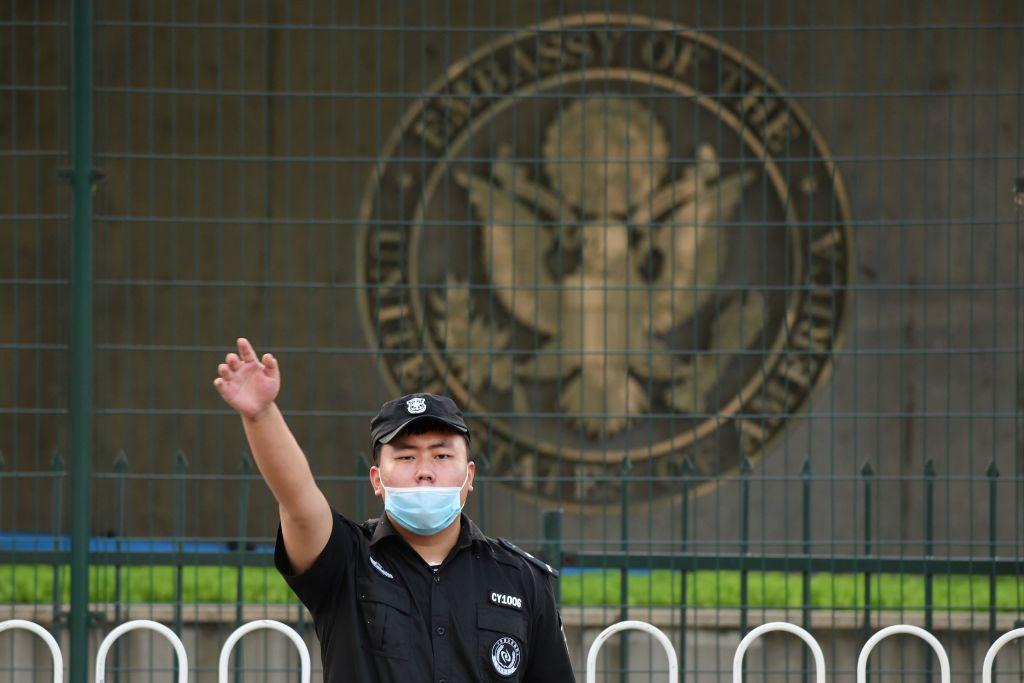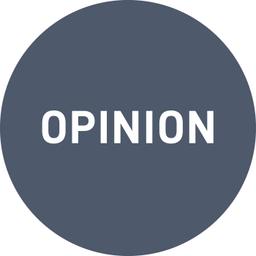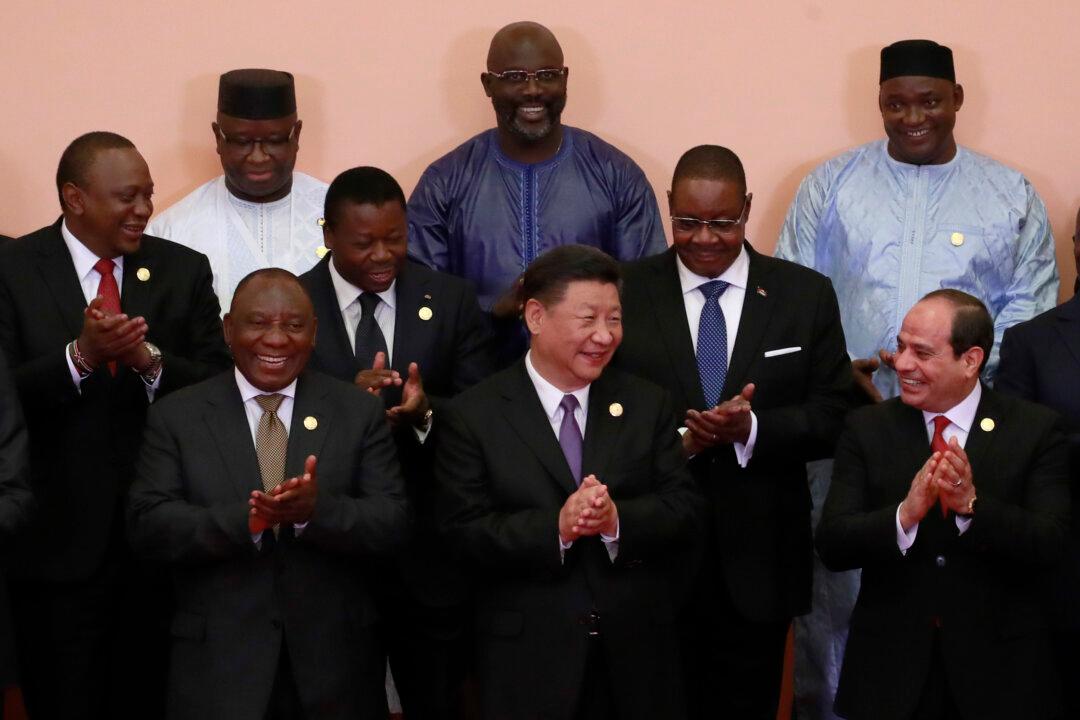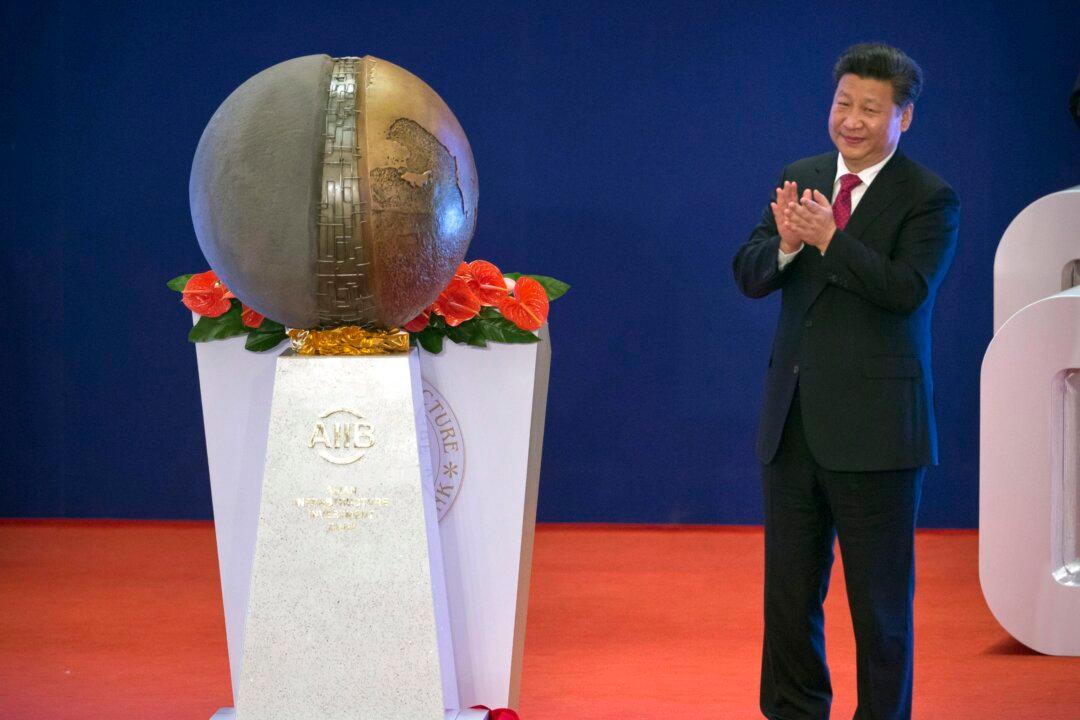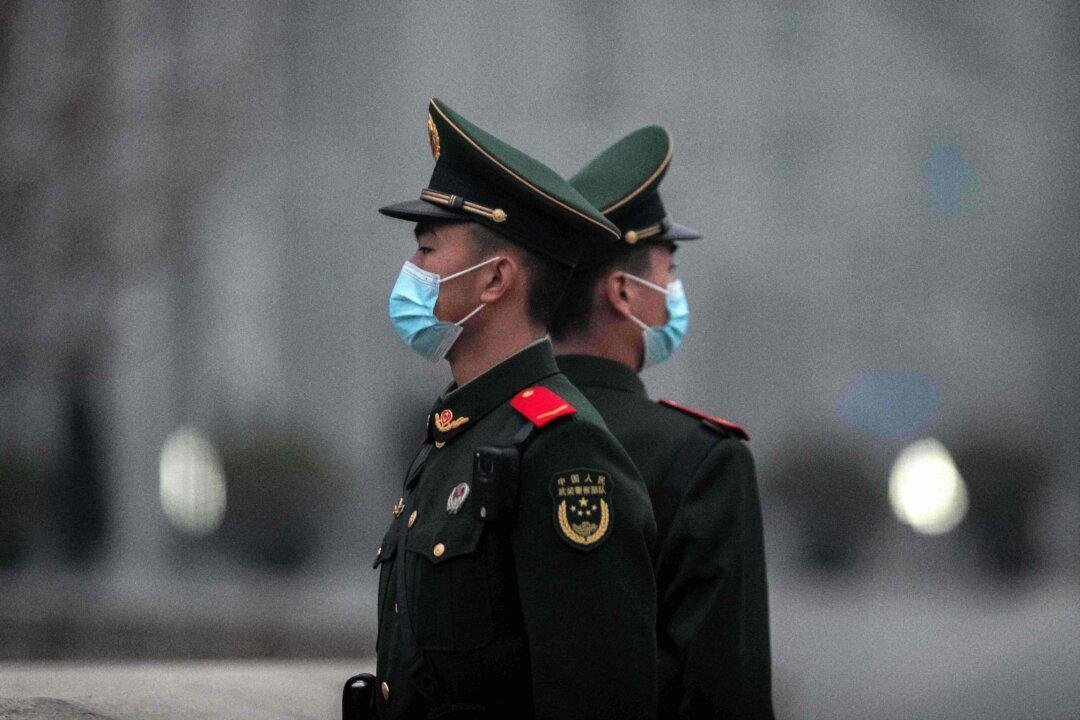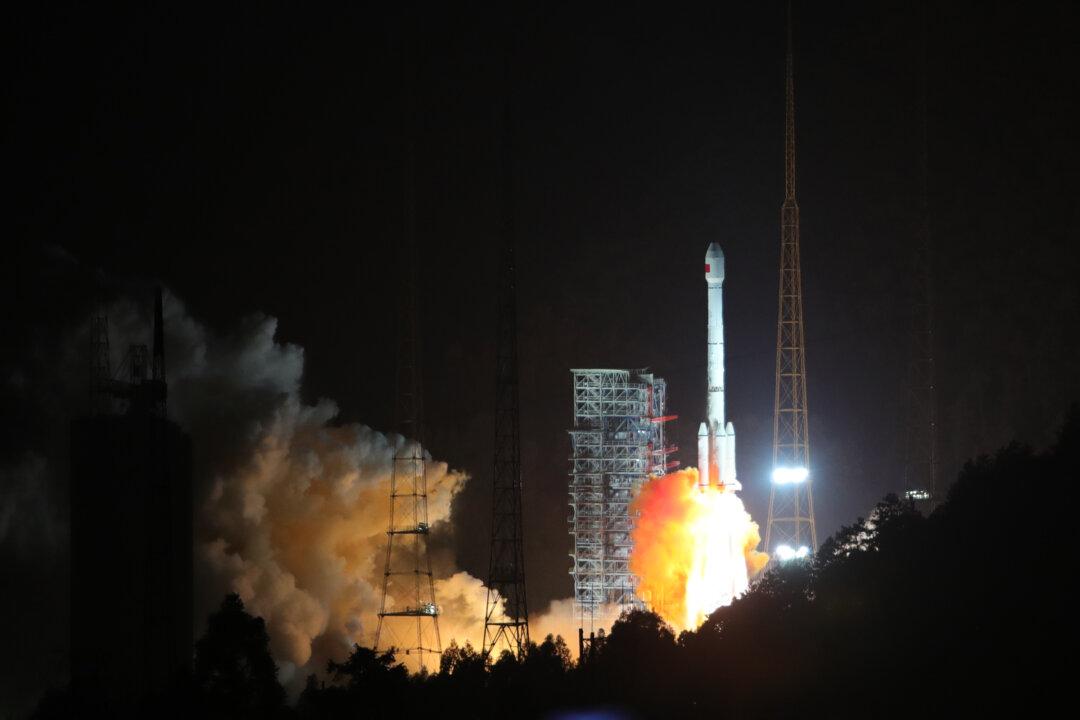Commentary
The Chinese Communist Party (CCP) has taken advantage of economic globalization and information globalization to launch a large-scale covert war against the United States. In this process, the CCP applied Mao Zedong’s “three secret weapons” (united front, armed struggle, and Party building) to the United States, with the goal of strengthening itself while destroying the United States.
